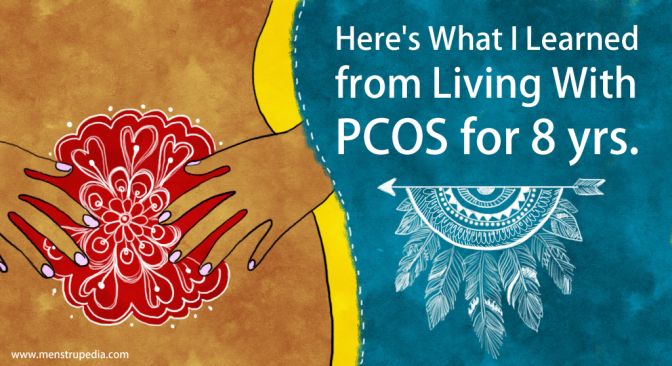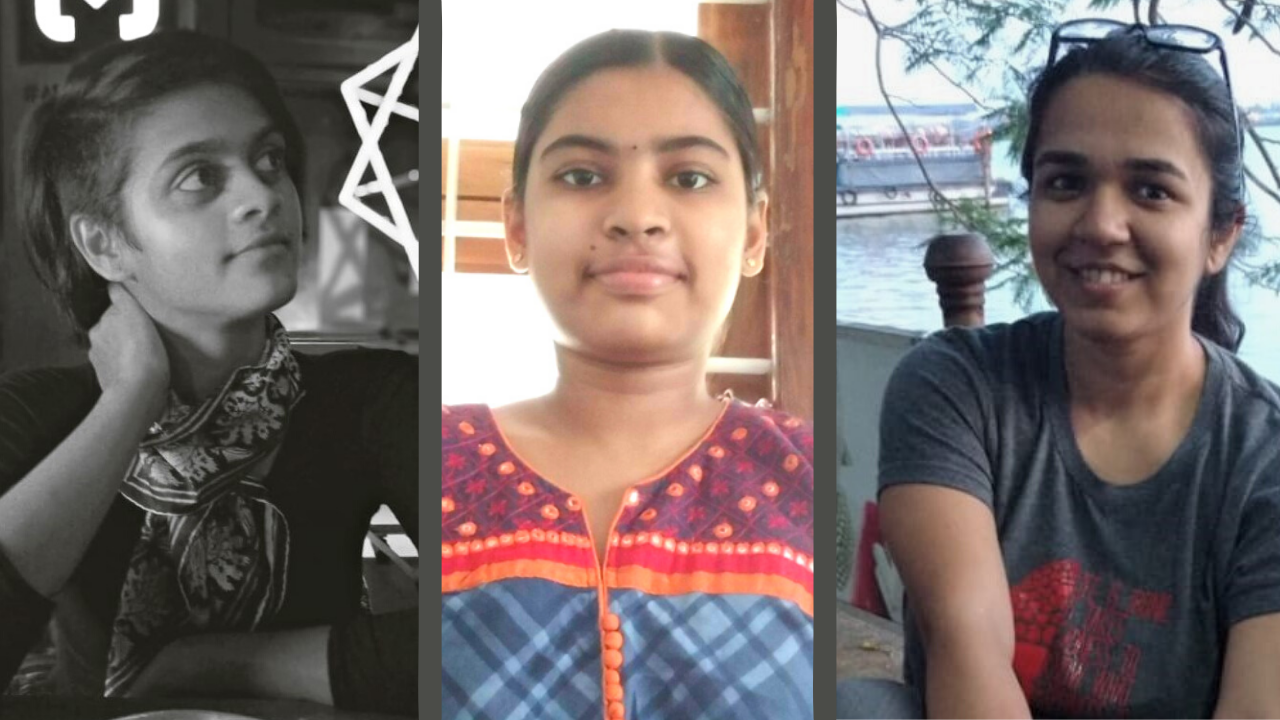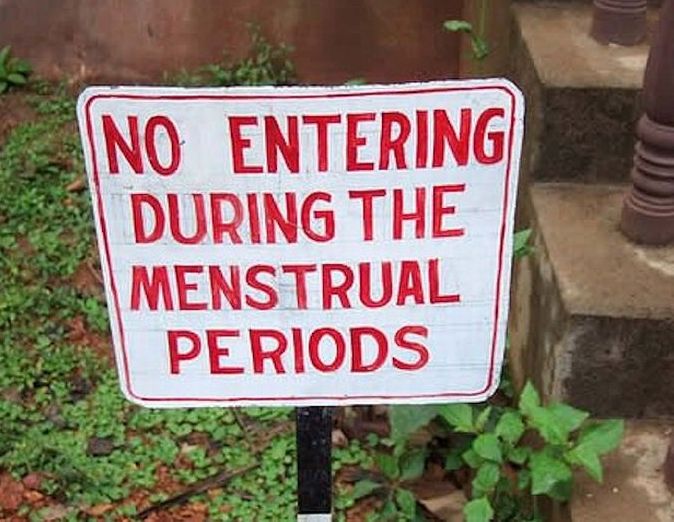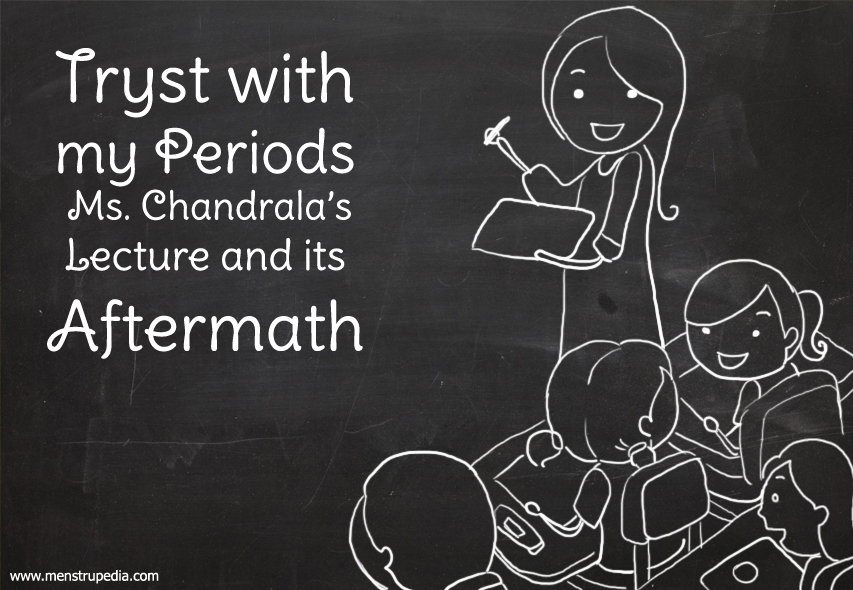Finding out about the process of menstruation needs to take place before the first period strikes and I was lucky enough to get that information from my mother much before it arrived. I knew that it was something that was going to happen to me every month and in fact, my curious mind was even a little excited about it. What I wasn’t prepared for however, was getting my period in more different ways than I had been taught to expect, especially with regard to the fact that you did not necessarily get those periods on time.
What causes delays in periods?
I used to get my periods very irregularly for a few years when it first began (it is still not a monthly affair for me), with as long as a 3 months’ gap between periods. My mother assumed (for a few months), that it was natural (since she had faced the same issue when she first menstruated) and assumed that it would get normal in a while. These are some of the common reasons/signs behind irregular periods:
- Excessive weight gain or loss
- Increased exercise
- Stress, anxiety and/or depression
- Hormonal imbalance or PCOS
- Pregnancy (in case of a missed period)
I went to a family doctor to find out more and the ultrasound – lady revealed that I had cysts on my ovaries (she showed me how the cysts looked like a necklace in the ultrasound). That was the first time I had ever heard of PCOS (Polycystic Ovaries Syndrome).
My experience with PCOS
The most important issue with what PCOS was doing to my period was not the fact that I got my period with more delays than everyone else – almost once every 2 months (I daresay I actually liked that). The problem was that when I did get my periods, it was extremely heavy and unexpected. It would go on for over a week easily (lasting as long as 10-12 days) and the second, third and fourth days were heavy enough for me to bleed through a good quality pad within a few hours and I had to change my pad 5-6 times in a single day. I personally always hated the frequency with which I had to change my pads, and the constant fear of leaks since I bled through them so quickly. Losing that much blood for a long time worried me as well. During the worst of such a period, I would also notice a dip in my haemoglobin count, which for me, had generally never been an issue. Anaemia can be one of the byproducts of such heavy periods.
The point of sharing this experience is that while I was completely informed about how and when my period were to arrive, I was confused about what to expect if it did not. Not getting a period was stressful for me, because in spite of knowing about all the biological processes that take place with the human reproductive cycle and being sexually inactive, I was scared that a missed period could only mean pregnancy. This made me wonder if there was a way that I could have gotten pregnant without penetration (in fact, without any sexual contact at all). I do not think about it anymore since that thinking was embarrassing seeing as how I had no one I could ask these questions to and who could answer me without me feeling awkward and shy. To be clear, it is not possible to get pregnant without sexual contact. A lack of periods may indicate a variety of different diagnoses, most of which can be managed with medication, regularized diets and exercise quite conveniently, especially with the level of medical care available to cater to PCOS. Do not be afraid of this – it does not directly indicate extremely poor health, pregnancy or infertility.
There are underlying issues that might be causing PCOS in the first place, and since PCOS itself doesn’t really have a cure, it’s the underlying issues that need to be tackled. One of causes for PCOS could be insulin resistance, thereby making the tackling of PCOS something that I can do by watching what I eat. It is a diet that discourages eating processed starch or sugar and encourages high-fibre and low carbohydrate foods. Without birth control pills to initiate my period for me, I experimented for a few months by eating better foods (very little sugar, and high protein items) and for the first time in months, I got my period without any external medication.
I would also not suggest being easily satisfied with a lack of information about your body and the medications you are supplying it with. I did not really know the difference between cysts and tumours and also feared that I had cancer. This was also far from the truth and I regret now that I did not clarify with my doctor and ask her what exactly it was that was happening inside my body. Any good doctor would be more than willing to explain in detail how the disorder works, what the chemistry that goes behind it was and why the medication you might be prescribed could solve the problem – but you absolutely need to ask. There is also a lot of literature available around PCOS online and you can also inform yourself of this condition as you read about it, hopefully while noting that self-medication should not be an option for this condition.
It is very important for every young girl to have a medical professional guide for her; someone who is understanding, answers questions with a scientific yet considerate approach, and who is easy to talk to. If you don’t have such a professional guiding you right now, it is necessary that you find a gynecologist you can be comfortable with – with age no bar. Periods can tell you a lot of different things about the body’s overall health and it is beneficial to understand the body’s requirements while the body tries to convey it. Of course, an important thing to note is also that a delay in periods might sometimes just be a temporary occurrence and may resume normal functioning during the next cycle. Every woman is different and it is normal to have a cycle that is as long as 35-40 days.
Find out from women around you if their period does not seem normal. Talking about your period is considered shameful and it seems like the lack of it is even more shameful. If a woman cannot talk about irregularities in her period, health issues can go unnoticed and untreated for years. So find a reliable source of information, tuck in the fear that you have about asking questions about the chemistry of your period, because there is nothing more liberating than owning your own body completely and shamelessly!

Author: Chinar Mehta
Chinar is a software developer, currently living in Gurgaon, Haryana. She is extremely fond of cats and books and has several opinions about gender roles that restrict a person’s freedom, safety and self-image. More of her written work can be found here.
Edited by – Divya Rosaline
Illustration by Aditi Gupta.








